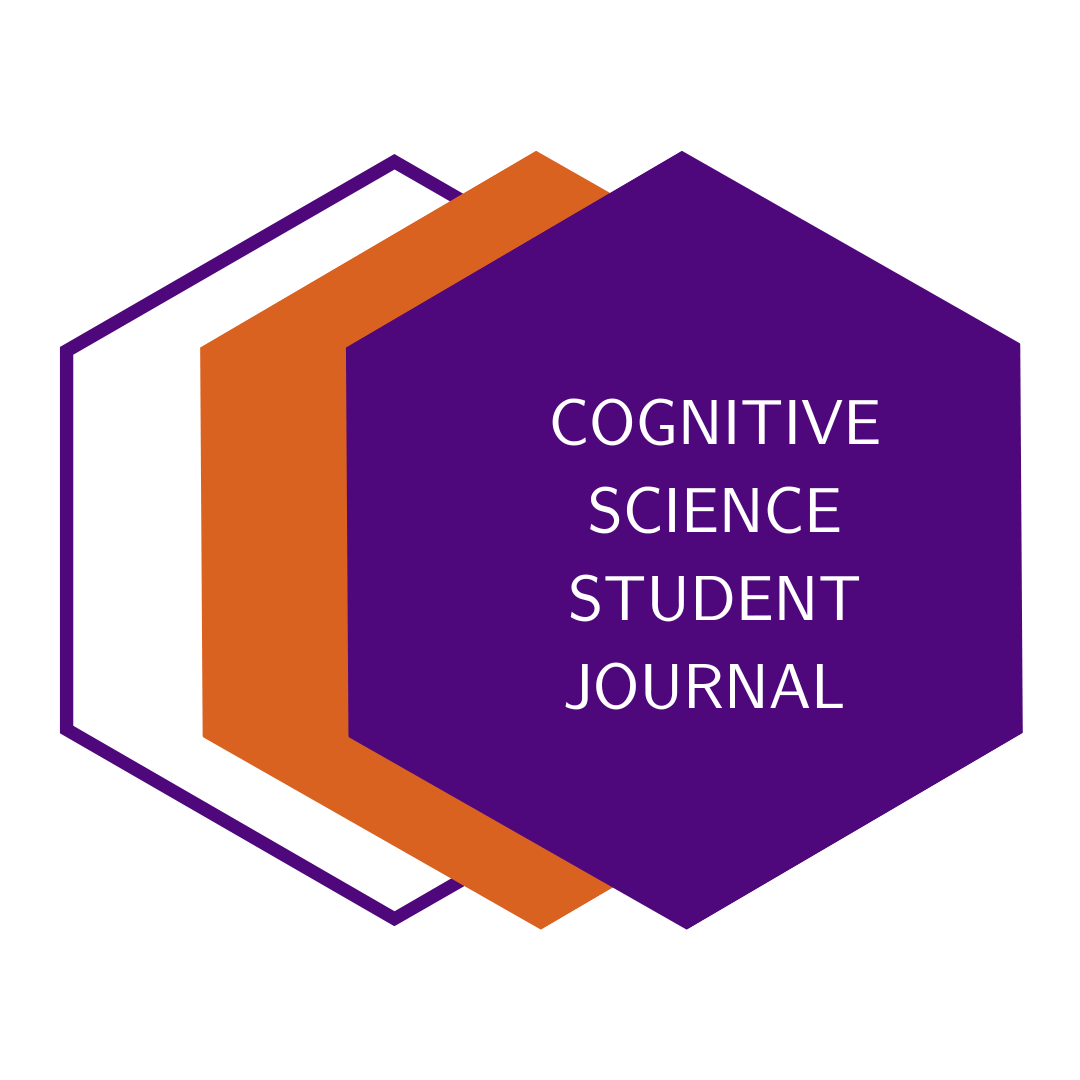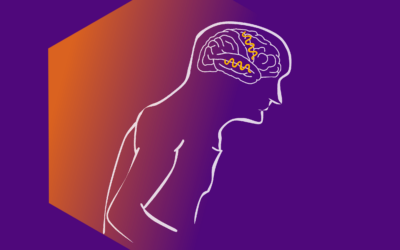Autism Spectrum Disorder (ASD) is a natural variation of the human brain, what happens when science treat it differently? This paper discusses the impact of adopting the ”neurodiversity paradigm” in research, which advocates for a neutral stance towards cognitive differences in ASD, rather than focusing only on its deficits. With examples of recent research, the essay discusses the risks of presuming autistic cognition is always wrong, and how science can benefit from neurodiversity. The introduction gives a brief overview of ASD, neurodiversity, and current discussions around them. Then, three different experiments are presented, the first one is compatible with the neurodiversity approach, the other two are not. In the final section, the paper compares the conclusions drawn from these experiments and how the neurodiversity approach allows for better scientific research.
Spoiler Alert:
Assumptions based on a deficit-only view of ASD can cause researchers to reach unwarranted conclusions, like the idea that being consistent in your moral actions is wrong or that dualism is the natural philosophical position of healthy human beings, without clear experimental results. Science can benefit from neurodiversity by reintroducing a neutral approach to experiments.
Good to know:
Being familiar with ASD and social cognition research, as well as some basic knowledge of ethics and philosophy of mind, can help but are not required.
Course:
Social Cognition, 2022, Dr. Annette Hohenberger
 Loading...
Loading...

Ibrahim Muhip Tezcan
vast research on ASD but no consensus on its underlying mechanisms or even on how to study it properly. The neurodiversity movement is gaining popularity in the autistic community online and I think it is important to incorporate these ideas into research, not because it would make the online community happy, but because it would lead to better scientific research.




